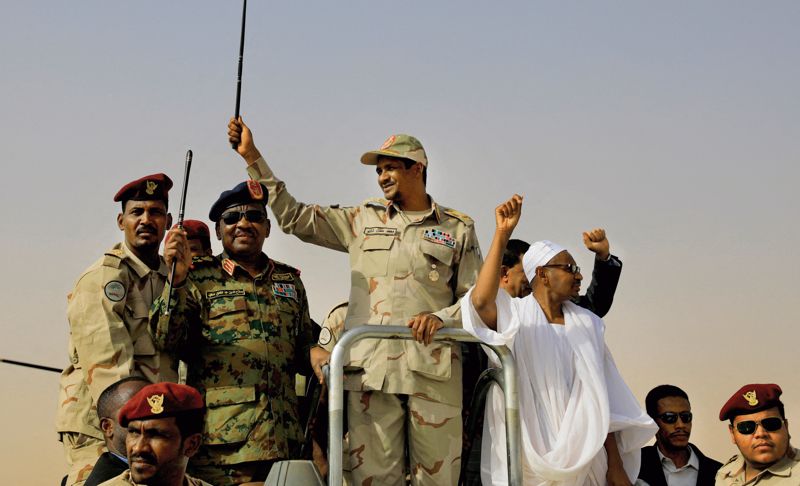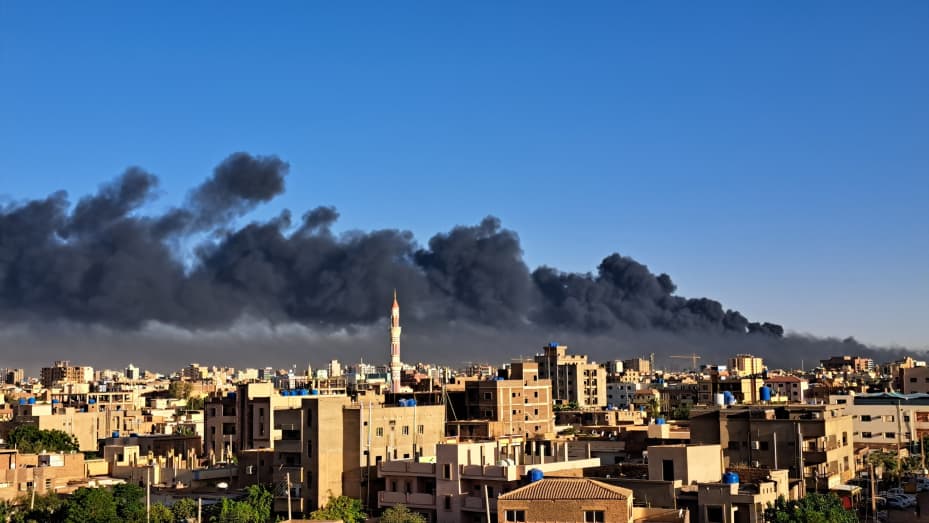
Introduction
The ongoing conflict in Sudan’s troubled region of Darfur has once again left a devastating impact on the lives of innocent civilians. Recent clashes have resulted in the tragic death of at least 12 people, highlighting the urgent need for resolution and international attention to this long-standing crisis. In this article, we delve into the details of the Darfur conflict, its consequences on the local population, and the imperative for collective action to restore peace.
Understanding the Darfur Conflict
Historical Context
The conflict in Darfur can be traced back to the early 2000s when tensions arose between various ethnic groups in the region. The underlying causes revolve around competition for land, resources, and power, exacerbated by historical grievances and political marginalization.
Escalation and Humanitarian Crisis
Over the years, the Darfur conflict has witnessed numerous cycles of violence and displacement, resulting in a severe humanitarian crisis. Countless lives have been lost, families torn apart, and entire communities uprooted from their homes. The situation has also led to widespread food insecurity, malnutrition, and the disruption of essential services such as healthcare and education.
The Recent Tragedy: Loss of Innocent Lives
An Unfortunate Turn of Events
In the most recent episode of violence, at least 12 civilians fell victim to the crossfire between warring factions in Darfur. This tragic loss of life further underscores the urgent need for immediate action to halt the bloodshed and prevent further harm to innocent people.
Impact on Civilians
The impact of the conflict on civilians cannot be overstated. Families are torn apart, children are left orphaned, and entire communities are gripped by fear and uncertainty. The violence hampers access to vital resources and severely restricts humanitarian aid efforts, leaving vulnerable populations even more susceptible to the harsh realities of war.
Urgent Call for International Attention and Action
A Plea for Peace
It is high time for the international community to prioritize the Darfur conflict and work collectively towards a lasting solution. The tragic loss of innocent lives underscores the need for immediate intervention and sustained efforts to bring an end to the violence.
Diplomatic Channels and Peace Talks
Efforts to resolve the Darfur conflict should involve diplomatic channels and negotiations between the involved parties. International organizations, regional bodies, and influential stakeholders must engage in dialogue to promote understanding, reconciliation, and lasting peace.
Strengthening Humanitarian Aid
In addition to diplomatic initiatives, there must be a concerted effort to strengthen humanitarian aid in the region. This includes ensuring the safe delivery of essential supplies, providing medical assistance, and addressing the long-term needs of affected communities, such as reconstruction and development.

Accountability and Justice
Addressing the root causes of the conflict and ensuring accountability for past atrocities is crucial for sustainable peace in Darfur. International bodies, together with the Sudanese government, should establish mechanisms for truth, justice, and reconciliation, fostering an environment that discourages future violence and promotes healing.
Conclusion
The loss of at least 12 innocent lives in the ongoing conflict in Darfur serves as a stark reminder of the urgent need for immediate action and international attention. The plight of the affected civilians demands an unwavering commitment to resolving the conflict and restoring peace. By engaging in diplomacy, strengthening humanitarian aid, and promoting accountability, we can work towards a future where the people of Darfur can rebuild their lives and live in a society free from violence and fear. Let us
